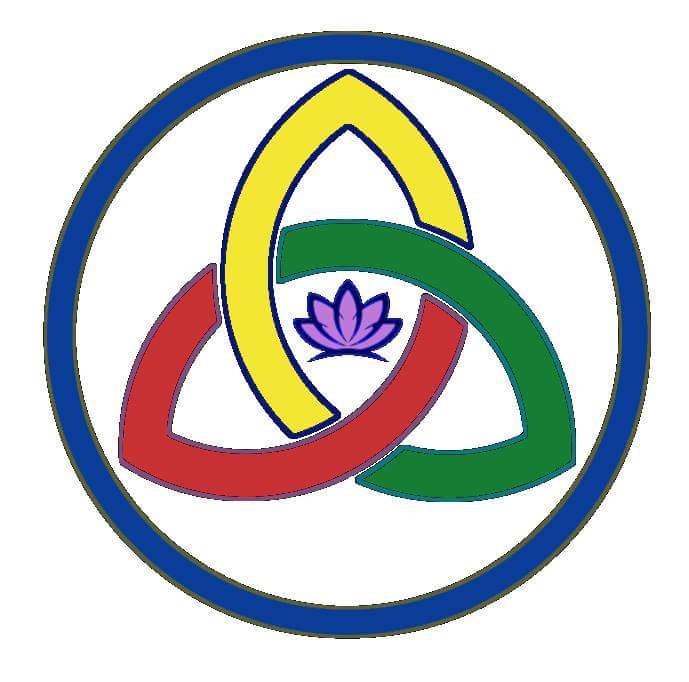When I think of the advice I’ve heard from teachers and family members in the past, I remember people saying that the best, no the only, way to succeed is to have resilience. I needed to be persistent and courageous in the face of adversity. Have you heard the same or similar advice before? I’m not saying that we have been duped or led astray by any means. Having those qualities and acting with them are a very good way to succeed in the world. I’ve lived and worked with the very same beliefs and I’ve done alright by being persistent and courageous in the face of challenges. I know, however, that there is a better way, but first, let’s explore the scenario as given. What does a life when following the advice most of us have accepted without question look like? Let me tell you my experience and see if you notice any points of similarity.
At the midpoint of the 1990’s I was not happy. I was in a relationship that was depressing, and I was covering that depression with alcohol. My professional life was interesting, fun in fact, but I was not earning nearly enough to live comfortably and my prospects for increased income looked bleak. I wanted to get out and away. I wanted to go abroad. I love travelling and seeing new places and people, and I enjoy learning about different cultures. I got the idea that I could teach English abroad. I made a plan to go get a teaching certificate and go get a job. I wanted to go teach in Italy at first, but as I studied and learned about job markets, I realized I would have a better chance of getting a job in Asia than in Europe. I investigated and planned and ended up with a good job in South Korea, a country I knew very little about and a language I had never even looked at. I came to South Korea, and though the job was the most challenging thing I had ever done, I was learning so much and having a great experience.
After working in my job for more than three years, I realized that while the job and the students were very good, the financial rewards were not as much as the effort I was putting in. In addition, the work load only seemed to increase over time with no change in my position or salary. The vacation benefits were also decreasing rather than increasing. In order to find that beginner’s mind that everyone talks about, I decided to go back to school to get my master’s degree and come back to work at a university with a fresh viewpoint. Taking a break to study was good. It helped me to refresh my passion for study and teaching. When I completed the program, I returned to South Korea to a job teaching at the Catholic University of Pusan. I thought I could put my theological studies to use and teach some English classes to seminarians focusing on language for theology. That was the beginning of my misunderstandings here at the university. Part of it was surely due to the language barrier. I don’t speak Korean fluently and except for the very best English speakers at the university most of the employees and faculty that do speak English are difficult to understand in that language. Still, it felt like almost every promise hinted at was broken, and when I did have information I always felt unsure about it. Misunderstandings were plentiful and my distrust of the system here grew every year.
I tried expressing my feelings from time to time, but when I saw other foreigners do the same more adamantly than I, I also saw that their standing weakened. Other people may not believe me, because I did have a couple of emotional meltdowns from frustration, often over dealing with the immigration office or what I believed were injustices to other foreign employees, but I had repressed so many more of my feelings than those I expressed. Though it wasn’t true, I felt like I was being rejected by the entire university. Instead of relaxing and going with the flow, I turned to rules and structures to keep myself safe. I became more of a disciplinarian in the classroom and while my sense of authority was insecure, it inflated just enough to hide that insecurity. The result has been a decent career so far. So many of the things I have wanted to do seem to have withered and died. The English magazine that I was editor-in-chief for at school lost funding after six years. The language institute that I was tasked to draw up a proposal for, and did so in a committee that I chaired, disappeared without a word after we turned in the proposal. In the eyes of many, I have some prestige, but the emotional cost has been high. This whole process feels quite unfair and unbalanced.
Do parts of this story ring true for your experience? Whether we are talking about career, relationships, or other aspects of our lives, we can experience many or all of the points in this progression. We start out with curiosity and optimism over possibilities and opportunities, and then we strategize. We make plans and schemes to achieve our goals, and many times we do have some success and then even more opportunities, but we start feeling imbalanced. We feel underappreciated or that the work to benefit ratio is too heavily weighted toward the work we put in. If we don’t give up there, we can just maintain, or we can try to recapture the feeling that we started with; we can try to reclaim the beginner’s mind, but that often leads to suppressing the negative feelings we have which result in misunderstandings and distrust at first and then feelings of rejection later. Some of us then become very rigid to compensate. We think that we will show everyone how important we are by forming, following, and becoming inflexible with rules and structures. This will many times lead to success and recognition, but at what cost? It isn’t a very happy success. It is a success born of feelings of injustice and unfairness about the world or systems we are interacting with.
I know now that there is another way. Living an intentional life is not forcing things to happen or go the way we want them, it is directing ourselves in the direction we want to go and flowing with it. Doing work and making plans are certainly part of living life intentionally, but the emotional state we are in when we do those things makes the difference between living intentionally and pushing forward with willpower, persistence, and resilience. We start off well with our hopes and dreams somewhat defined. If we can keep the excitement and pleasure going as we begin planning rather than strategizing out of fear that we won’t be able to do, be, or have what we want, we are still on the right track. You will notice in my story, and in your own perhaps, that when negative emotion comes in to play, that is when things start going awry and we get off track. Perhaps it is better to say that the negative emotion is an indicator that things are starting to get wonky. In the wise words of Abraham-Hicks, we start paddling upstream rather than flowing naturally downstream toward what we really want. When we begin feeling the sense of injustice, rather than lashing out or burying it, we can learn the real strategies that will help: the strategies to release our fears, anger, and worry and turn back to the love and joy of experiencing life. If we can do this, not only will the successes we experience be sweeter, but the path, the journey, will be the reward in itself. It takes courage and independence to be able to do this because we are actually going against almost everything we have been taught by society. But to live the intentional life and be, do, and have what we want, we need to become the Queens and Kings of our hearts. Then we can become the Queens and Kings of our lives.

